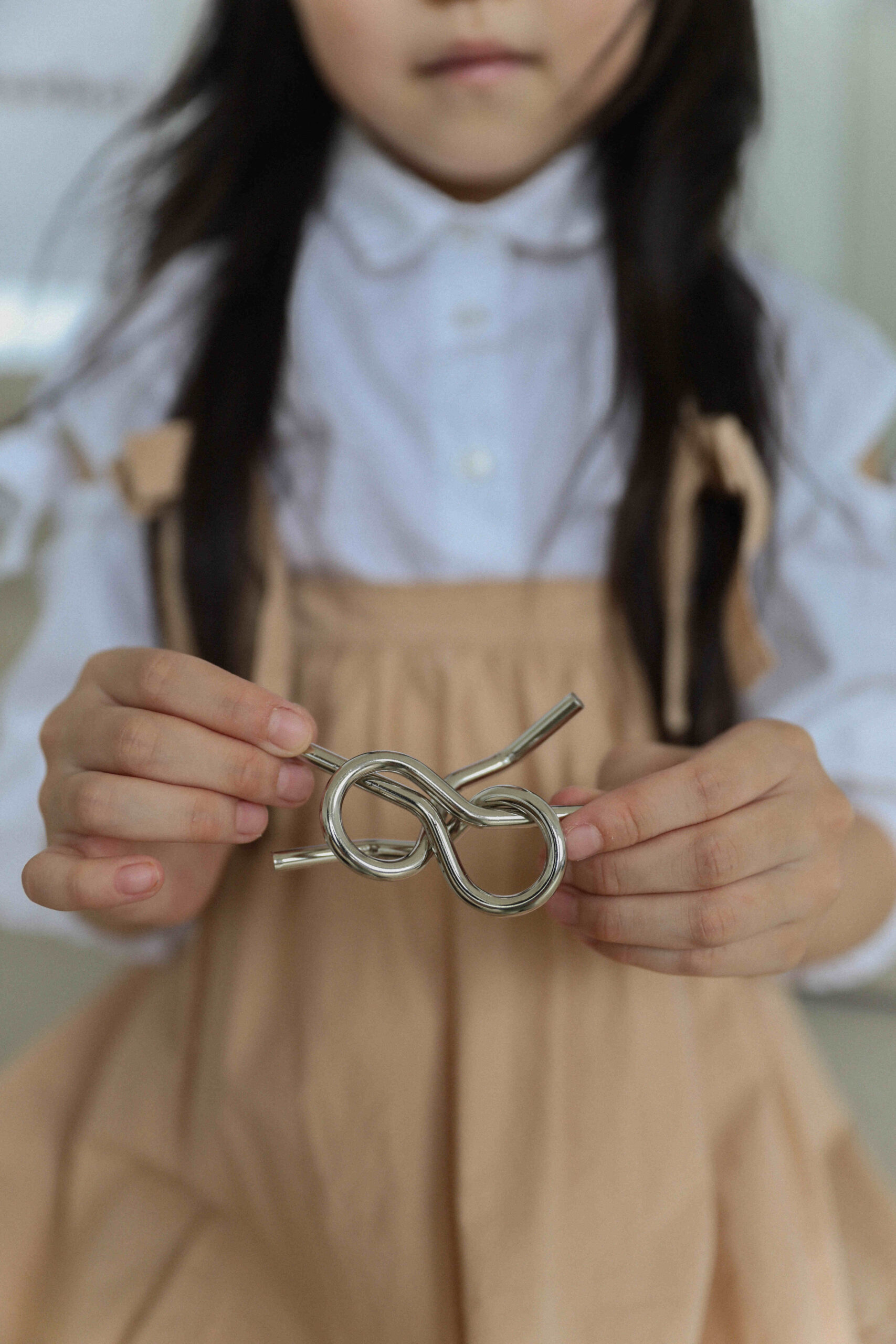Autism is a very complex neuro-developmental disorder that occurs in early childhood. It affects how a child perceives the world, plays, learns, communicates, and relates to others. Since the exact cause of autism is unknown, finding preventative and treatment therapies can be a challenge.
While there is no medical “cure” for autism, there have been some wondrous breakthroughs using a combination of behavioural therapies, nutritional adjustments, and natural remedies to treat this disorder.
Symptoms of autism
Children with autism spectrum disorder, or ASD, will often exhibit signs of the condition around 18 months of age, including the inability to make eye contact and failure to react to their own name.
As the child grows older and ASD progresses, persistent deficits in social communication and interaction may manifest as violent outbursts, increased anxiety, repetitive behaviours, and difficulty sharing. That being said, ASD symptoms have been known to decrease with age, and in some cases, children have so completely improved that they have overturned their diagnosis.
How to help your child cope with ASD
When a child is diagnosed with autism, the first question every parent has is, “What do I do?” With so many treatment and therapy options, choosing the “right” intervention plan can be frustrating and confusing for many families. Fortunately, much can be done to help your child cope with autism.
There are support groups, behaviour consultants, occupational and physical therapists, speech-language pathologists, nutritionists, integrative therapies, nutritional supplements, and more. Because everyone is different, there is no one path.
However, some basic principles are generally best applied. A healthy diet supports healing and cellular repair and regeneration. Many who are autistic are sensitive to sounds, touch, and visual cues. So, in addition to working with chosen therapists, supplementation that helps calm an often hyperactive nervous system can be helpful.
The amazing benefits of red reishi
Celebrated in Chinese medicine as the “mushroom of immortality,” reishi has been used for thousands of years for its astounding health benefits. This fantastic fungus has been used to ward off heart disease, fight cancer, relieve inflammation, and boost the immune system.
Reishi also has great potential for treating people with Autism Spectrum Disorder. This miraculous mushroom has been shown to reduce anxiety and promote brain and cognitive health, helping to improve attention and learning. In fact, Chinese medicine classifies reishi mushroom as a calming herb that also supports energy, i.e. doesn’t make you drowsy. There are many ways that reishi is demonstrating its benefits for those with ASD.
Studies on Ganoderma lucidum (that’s the fun scientific name of reishi) show that this mushroom reduces the death of brain cells, promotes the growth of new brain cells, and also stimulates the activity of these cells. Red reishi mushroom may actually be supporting healthy rewiring of the brain.
Furthermore, this is what holistic pediatrician John Hicks has to say: “The immune shift that people on the spectrum get is a TH2 shift. This leads to suppression of the cell-mediated side. This is the shift that mushrooms address. I have been using mushrooms successfully to shift the TH2 immune dysfunctions.” In other words, because those on the autism spectrum may not properly fight off pathogenic (bad) bacteria, viruses, and yeast and over-react to toxins, allergens, and normal (good) bacteria, reishi may be helping those with autism because it helps regulate the immune system, bringing it back into balance.
While it’s important to discuss treatments with your health professionals, many have anecdotally shared their positive experiences with using reishi mushroom supplements to treat autism spectrum, including non-verbal children who start speaking, increases in eye contact and social interaction, calmer behaviour, showing of affection, fewer meltdowns, and improved learning.
Because high quality products of Japanese red reishi are safe and useful for such a wide array of symptoms (that’s because it’s an adaptogenic—helps the body deal with stressors), you may want to consider it for those with ASD to help them achieve their full potential.





